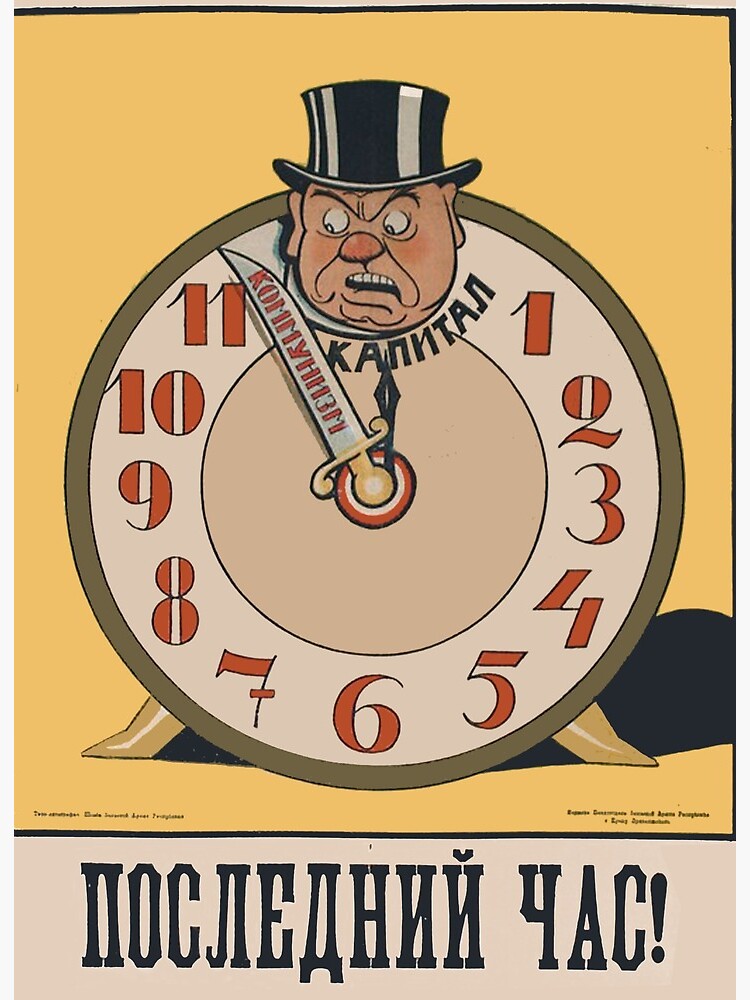

july 2021
Relative surplus value refers to the surplus value that derives from the shortening of the necessary labor time that occurs without an equal reduction of the length of the general working day.
The capitalist is always trying to maximize the amount of surplus value they can extract from the labor process. In other words, they are trying to prolong the amount of time the worker spends in producing surplus value. Given that there is an absolute limit to the total working day (24 hours), a biological limit on the working day (a worker needs time to rest and reproduce her/himself), and a social limit to the working day (determined by what the workers demand), the only way a capitalist can increase surplus labor beyond these limits is to shorten necessary labor time. This can only happen through an increase in the productivity of labor. To do this, capital must revolutionize the mode of production, technically and socially. With an increased productivity of labor, the value of labor power falls, and thus the portion of the working day necessary for the reproduction of the value of labor shortens.
The general value of labor falls with an increase in productivity in the branches of industry that are essential to the reproduction of labor power— industries whose products determine the value of labor power. When productivity in these industries increases, the value of the essential commodities decreases, and thus so does the cost of living for workers generally; in other words, the value necessary for the workers' reproduction falls, and consequently so does the value of their labor power. The cheapening of the commodity only causes a relative fall in the value of labor power, one proportional to the extent to which the commodity enters into the reproduction of labor power (shirts, for example, are only one necessary means of subsistence out of many). The total decrease of the necessary labor time is equal to the sum of all the different reductions of labor time in all the industries that produce these necessary means of subsistence. Individual capitalists do not set out to reduce the value of labor power and thus shorten the necessary labor time. But in increasing productivity in his own factory, the capitalist contributes towards increasing the general rate of surplus value for all capitalists.
Increasing productivity in any factory, regardless of whether or not it produces the necessary means of subsistence, will shorten the necessary working day in that factory. The value of a commodity is not an individual value, but a social value determined by the socially necessary labor time required to produce it. The capitalist that adopts methods that will increase productivity in the production process will be able to sell his product for above the individual value of the product but slightly less than the social value of the commodity, making this capitalists’ prices more competitive than the general market. This extra little bit of money is pocketed by the capitalist.
The surplus value that can be extracted from increasing productivity disappears once this new, more efficient method of production becomes generalized across an entire industry, because the difference between the individual value of the cheapened commodity and its social value has diminished to zero. The law of the determination of value of labor time had compelled the individual capitalist who had adopted the new method of production to sell his goods under social value. This same law now forces all competitors to adopt the new method of production, acting as a “coercive law of competition.”
Capital thus has a tendency towards increasing the productivity of labor in order to cheapen commodities and, by cheapening commodities, to cheapen the worker. Relative surplus value increases in direct proportion to the development of the productivity of labor, while the value of commodities has an inverse relationship to the growth of productivity. The increase of productivity both cheapens commodities and somehow also increases the surplus value that can be extracted from producing them. Marx has solved the riddle of why the capitalist, “whose sole concern is to produce exchange value, continually strives to bring down the exchange value of commodities.”
The capitalist does not seek to shorten the working day, but the necessary labor time the production of a definite quantity of commodities— shortening the part of the working day in which the worker must work for her/himself, and thus lengthening of the part of the day dedicated to surplus labor time.

...in progress...
These summaries were co-written with BA.
⇚ Go back to Part III
questions? comments? concerns? email me here.